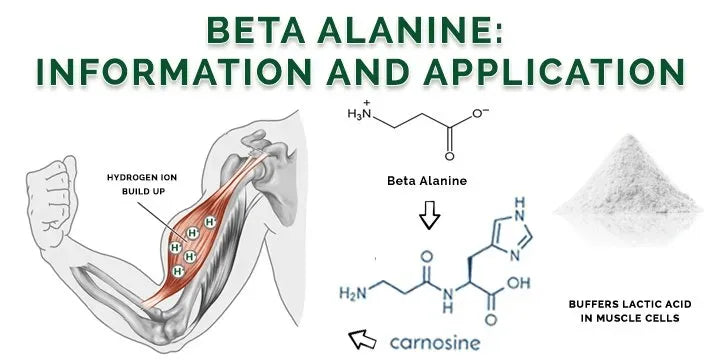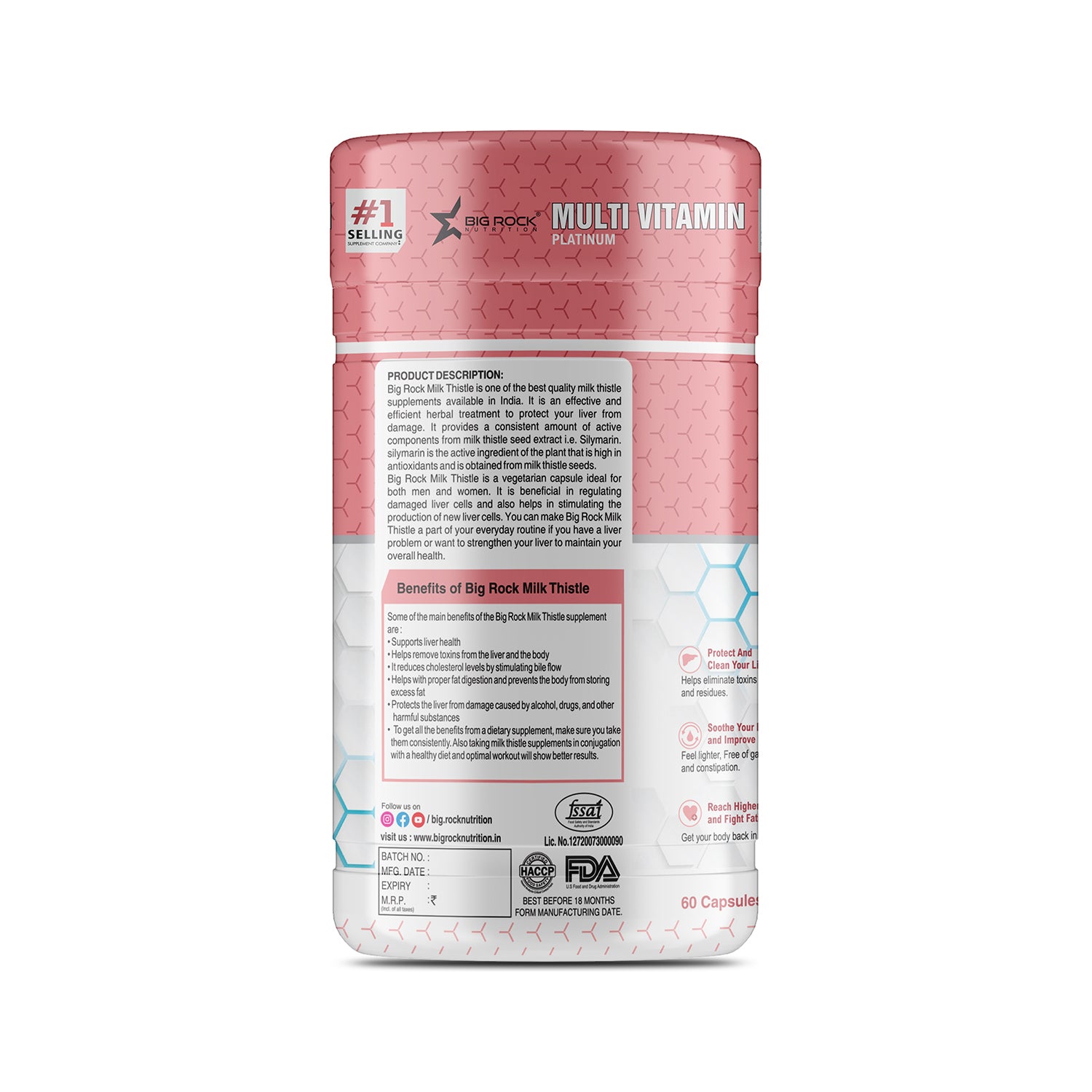The lifestyle choices we make every day significantly impact our health, influencing both our physical and mental well-being. Here’s a closer look at various lifestyle factors and how they affect your health:
1. Diet and Nutrition
- Balanced Diet: Consuming a diet rich in fruits, vegetables, whole grains, lean proteins, and healthy fats is essential for maintaining optimal health. A balanced diet provides the necessary nutrients for energy, growth, and cellular repair.
- Processed Foods: Diets high in processed foods, sugars, and unhealthy fats contribute to obesity, heart disease, diabetes, and other chronic conditions.
- Hydration: Staying adequately hydrated is crucial for all bodily functions, including digestion, circulation, and temperature regulation. Dehydration can lead to fatigue, headaches, and impaired cognitive function.
2. Physical Activity
- Regular Exercise: Engaging in regular physical activity strengthens muscles, improves cardiovascular health, boosts mood, and helps maintain a healthy weight. Exercise also reduces the risk of chronic diseases like heart disease, diabetes, and some cancers.
- Sedentary Lifestyle: Lack of physical activity can lead to weight gain, muscle weakness, poor circulation, and an increased risk of chronic health issues. Prolonged sitting has been linked to cardiovascular disease and metabolic syndrome.
3. Sleep
- Adequate Sleep: Quality sleep is essential for physical and mental health. It supports cognitive function, emotional regulation, immune system strength, and overall well-being. Most adults need 7-9 hours of sleep per night.
- Sleep Deprivation: Chronic lack of sleep can lead to a range of health problems, including obesity, heart disease, depression, and a weakened immune system. It also impairs cognitive function, memory, and concentration.
4. Stress Management
- Effective Stress Management: Managing stress through activities like meditation, deep breathing, exercise, and hobbies can prevent the negative health effects of chronic stress. Stress management is crucial for maintaining mental health and preventing conditions like anxiety and depression.
- Chronic Stress: Unmanaged stress can lead to a range of health problems, including high blood pressure, heart disease, diabetes, and mental health disorders. It can also weaken the immune system, making the body more susceptible to illnesses.
5. Social Connections
- Healthy Relationships: Strong social connections and a supportive network of family and friends contribute to emotional well-being and mental health. Positive relationships reduce stress, boost happiness, and can even lengthen lifespan.
- Isolation: Social isolation and loneliness can have severe health impacts, leading to increased stress levels, depression, and a higher risk of chronic diseases. It’s linked to cognitive decline in older adults and can negatively affect physical health.
6. Substance Use
- Moderation: Consuming alcohol in moderation (if at all) and avoiding smoking and drug use are vital for maintaining health. Excessive alcohol intake can lead to liver disease, heart problems, and mental health issues. Smoking is a leading cause of respiratory diseases, heart disease, and cancer.
- Substance Abuse: The misuse of substances, including alcohol, tobacco, and drugs, is linked to numerous health problems, including addiction, mental health disorders, and chronic diseases. It can also negatively impact relationships and overall quality of life.
7. Mental Health
- Mental Health Care: Taking care of your mental health is as important as physical health. Practices like mindfulness, therapy, and maintaining a work-life balance contribute to mental well-being. Good mental health helps you handle stress, make decisions, and relate to others.
- Ignoring Mental Health: Neglecting mental health can lead to chronic stress, anxiety, depression, and other mental health disorders. It can also affect physical health, leading to problems like heart disease, weakened immune function, and sleep disturbances.
8. Environmental Factors
- Healthy Environment: Living in a clean, safe environment with access to fresh air, clean water, and safe housing contributes to good health. Exposure to nature and green spaces has been shown to reduce stress and improve mental well-being.
- Environmental Hazards: Exposure to pollution, hazardous chemicals, and unsafe living conditions can lead to respiratory diseases, cancer, and other health issues. Poor air quality, contaminated water, and unsafe neighborhoods negatively affect health.
9. Work-Life Balance
- Balanced Life: Maintaining a healthy balance between work and personal life reduces stress, improves mental health, and enhances overall well-being. It allows for time to relax, pursue hobbies, and maintain social connections.
- Overwork: Chronic overwork and lack of downtime can lead to burnout, mental health issues, and physical health problems like hypertension and weakened immunity. It can also negatively impact relationships and overall life satisfaction.
10. Preventive Health Care
- Regular Check-ups: Regular medical check-ups and screenings help detect health issues early, when they are most treatable. Vaccinations, dental care, and following medical advice are key to maintaining long-term health.
- Neglecting Health Care: Avoiding regular check-ups and ignoring symptoms can lead to the late detection of diseases, making them harder to treat and increasing the risk of severe health outcomes.
Conclusion
Your lifestyle choices have a profound impact on your overall health and well-being. By adopting a balanced diet, engaging in regular physical activity, managing stress, maintaining strong social connections, and avoiding harmful habits, you can improve your quality of life and reduce the risk of chronic diseases. Regular sleep, mental health care, a healthy environment, work-life balance, and preventive healthcare are also crucial components of a healthy lifestyle. Making positive changes in these areas can lead to a longer, healthier, and more fulfilling life.

















